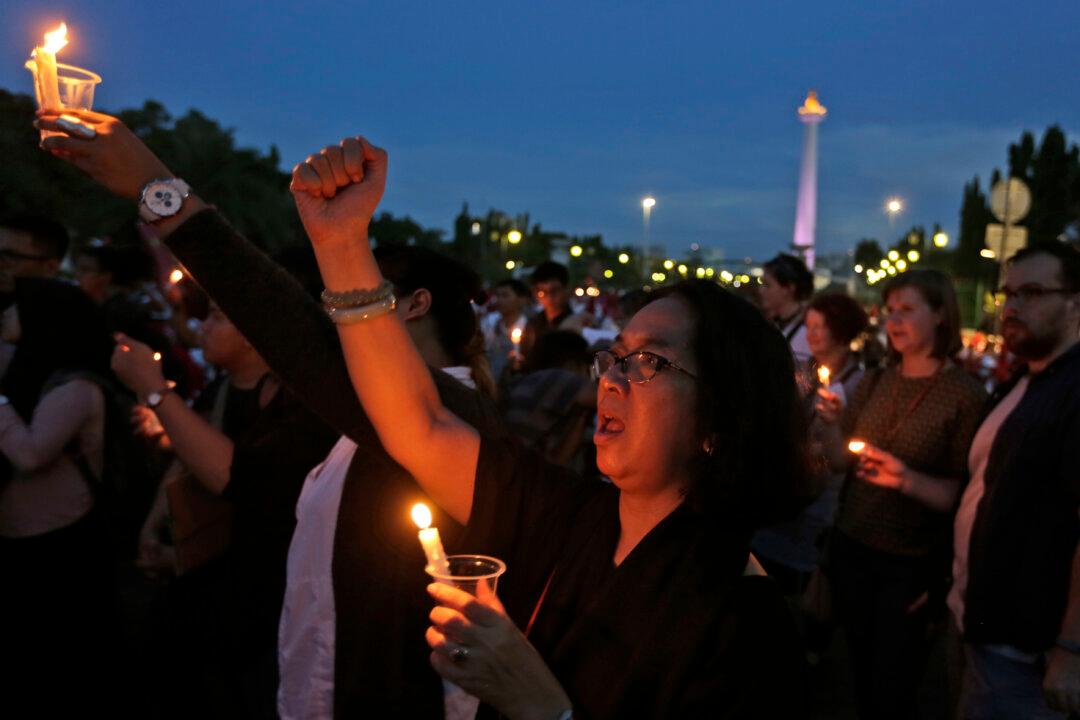Indonesia is considering tougher sex-offender laws, and among the options are microchipping and/or castrating child rapists.
The country is making the move after a case of deadly gang-rape of a 14-year-old girl spread through social media last month.
President Joko Widodo promised tougher laws and among the proposed measures are heavier sentences, chemical castration, and monitoring by microchips, according to AFP.
“The microchip will be fitted before the criminals are released from prison, and is needed to monitor and locate them after they are freed,” said Niam Sholeh, head of government-backed rights group the National Commission for Child Protection, who has been involved in discussions on the new laws, AFP reported.
It’s hard to quantify the true numbers of sexual violence in the sprawling south-east Asian country as the crimes appear grossly under-reported.
There were less than 5,000 reported cases of sexual violence in Indonesia in 2013 (among a population of over 250 million), according to the United Nations Office on Drugs and Crime.
For comparison, in the United States, more than 300,000 cases were reported in the same year.
Yet, in a survey conducted several years ago, when Indonesian men (aged 18-49) were asked if they ever forced a woman to sex or failed to get her consent, almost 13 percent affirmed. The survey was conducted in Jakarta and two other localities between 2011 and 2012 as part of a large UN study on sexual violence in Asia and the Pacific.





